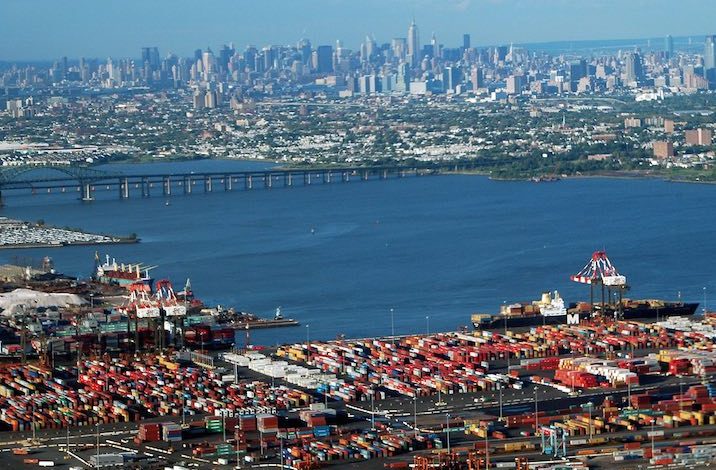Microsoft buys into maritime artificial intelligence

Microsoft is moving into the world of maritime artificial intelligence, backing an American platform, Nautilus, that is among the leaders in the emerging tech domain.
Nautilus yesterday announced $11m in Series A funding led by M12, Microsoft’s venture fund, along with Root Ventures. Existing and new investors including Quiet Capital, Trail Mix Ventures, and Amplifier Lab participated in the round, which brings Nautilus’ total funding raised to $14.5m.
Nautilus, led by former IBM executive Matt Heider, was founded in 2016 in New York.
“Lightly regulated and often overlooked, the industry relies primarily on manual and error-prone forms of reporting to measure fuel consumption and vessel performance,” the company stated in a release yesterday, adding: “Nautilus provides the technology platform for shipping companies to run their fleets more efficiently.” The company aggregates data from onboard and combines it with meteorological, oceanographic, and commercial data to build a comprehensive fleet profile. Through machine learning and artificial intelligence, the platform provides real-time analytics, alerts, and decision support for operators in order to minimise fuel consumption.
“Nautilus is creating an economic imperative for shipping businesses to reduce their fuel consumption,” Heider said yesterday. “Think of us as the artificially intelligent first mate that helps the captain and the crew to always take the profit-maximizing (and fuel-reducing) decision.”
To date, Nautilus has signed with several fleets, including Teekay, Dorian LPG, and Eagle Bulk Shipping.
